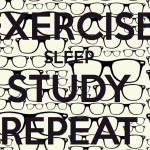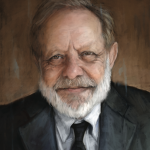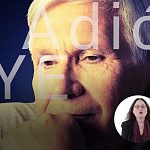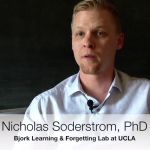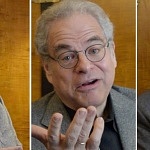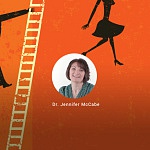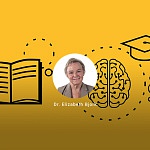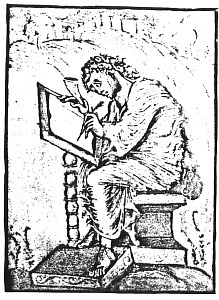“Desirable difficulties” is a term coined by Dr. Robert Bjork (UCLA) over 20 years ago. It refers to conditions of learning that create challenges for learners — and even seem to slow down the rate of learning — while actually enhancing long-term retention of knowledge and skills. What are some desirable difficulties and how do they improve learning? Watch Dr. Bjork’s video to find out.
For more about desirable difficulties, click here.
Brian Johnson, the creator of Optimal Living 101, makes the case for desirable difficulties in this online micro-class. He presents compelling examples — some of them from Gladwell’s book — about how challenges can sometimes lead to better end results.
Malcolm Gladwell, the best-selling author of The Tipping Point and Outliers, consulted with Dr. Bjork while researching for his book, David and Goliath. In the book, Gladwell provides anecdotal evidence of how obstacles can sometimes lead to advantageous outcomes. Watch this video to find out more.


